
Healing Psychosomatic Symptoms Through Mindful Awareness and Acceptance
What does it take to really change? What’s required to break habitual patterns that make us unwell and unhappy? It’s easy to look out into the world and see what’s wrong with it. It’s easy to look at our past and identify what went wrong, what didn’t work out, where we were traumatized or hurt. It’s easy to blame ourselves, and continually punish our bodies and minds.
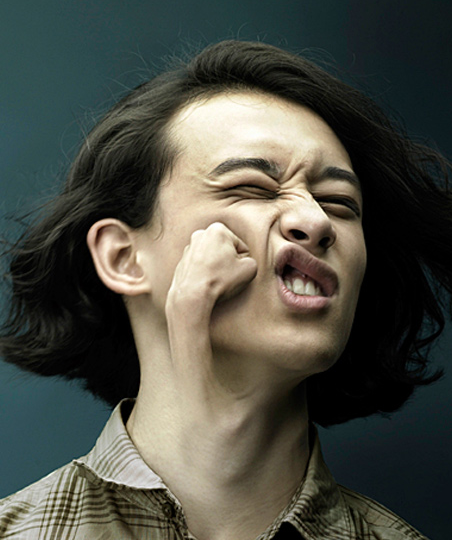
It’s helpful to ask, who are we blaming for our state of being: our pain, our anxiety, depression, digestive problems, allergies? Do we think we where we are because of our parents? The injustices of the world? A past lover? Our own mistakes and “bad” choices?
Blame is a tricky thing. Whether we blame others or blame ourselves, we end up being a victim. Victimhood is perhaps the most disempowering place we can find ourselves. It strips us of our ability to do anything about our situation, and often robs us of a great deal of energy. Punishment (the natural offshoot of blame) takes a lot of time, focus and effort. Some say it “bleeds us to death.” Holding on so tight can literally exhaust us.
Within Chinese medicine and psychology, there are many aspects of the mind that “work on” us. There’s the conscious mind (identified as the blood chemistry) where we know what’s wrong: we think about it consciously, sometimes obsessively. There is also the unconscious mind: that which we are not quite so aware of, yet still we feel haunted by the unknown. Chinese medicine sees this as a fluid “phlegm” issue (blood chemistry affecting brain and hormonal chemistry). In Chinese physiology, blood contains consciousness, body fluids do not.
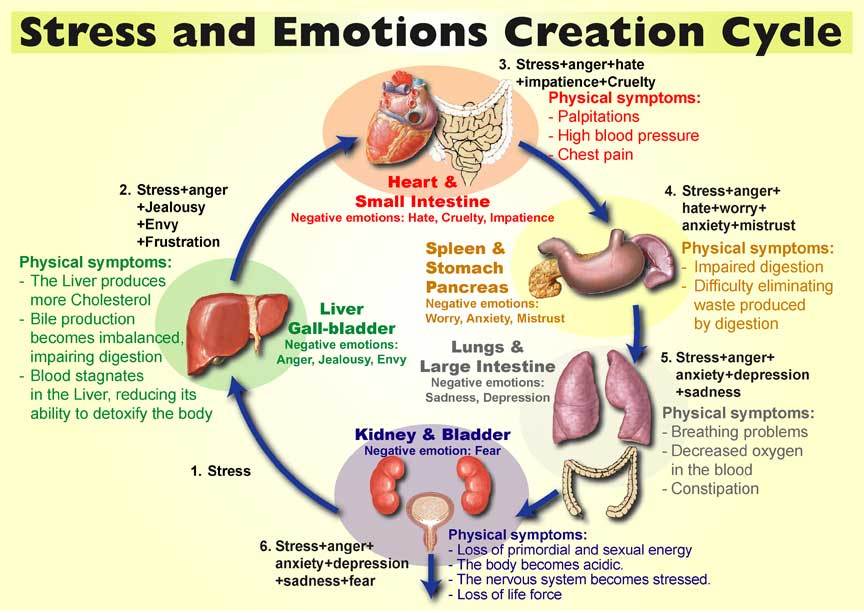
There are also the instinctual drives that can affect us. The way in which we unconsciously perceive the world and our resulting behavior.
A lot within our psychology is played out physically. Some of us are good at feeling our emotions; we are able to identity them, express and release them as they occur. Others tend to suppress emotions, often pushing them into the subconscious level of our minds where they can manifest as low-grade generalized anxiety, depression or frustration. This often relates to the strength of our Lung function.
When emotional material becomes repressed, it can often manifest through behavior or posture. Other suppressed-repressed emotional material can play out through physiological body disturbances.
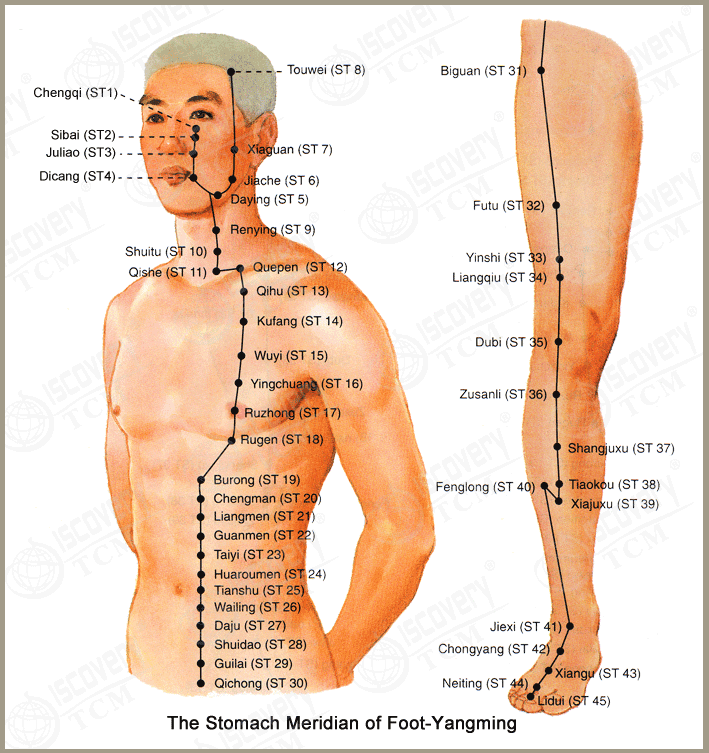
It’s helpful to consider that our chronic acid reflux, abdominal bloating, asthma, shoulder and neck tension can be psychosomatic symptoms rooted in an unresolved mental or emotional issue.
I recently had an interesting experience with my own “pain.” For months I’ve been dealing with intense jaw tension. So much so, that I’ve had to begin wearing a bite plate at night because I was grinding my teeth so hard that they were getting damaged. I’d tried many things to ease the tension. I honestly didn’t know what it was about.
The other day, I saw my acupuncturist and described my jaw tension. She explained that it was something I was obviously not letting go of. I smiled, because I didn’t know what I needed to let go of. I thought it must be about an old relationship. That was all I could think of that needed letting go of. And I thought it was resolved.
During a meditation a day later, I had a good fortune to work with Alexander technique instructor Hope Martin. We meditated, she talked about body alignment. I thought mine was fine. When she came to instruct me, she went right to my neck and made a small adjustment. We meditated again, and instantly I knew what I was holding onto. My mother had been seriously ill for the past year. Like the good healer son, I took up my role supporting the family, being strong and calm. I realize I hadn’t let myself “fall apart” and fully let go of the stress, grief, fear and anger surrounding my mother’s illness. For some reason, I never even looked at it. But there it was showing up in my body, affecting my posture, creating psychosomatic pain and tension.
As soon as I realized the root of my jaw tension, it began to ease. During a later meditation, I allowed myself to focus on the tension in my jaw and teeth. I breathed into it, and was flooded with emotion. My eyes started to tear, my skin began to sweat and I started trembling. At the end of the session, more tension had been released.
It would’ve been easy for me to blame my mother for the pain in my jaw. It would have been just as easy to blame myself for failing to recognize it. However, by simply recognizing and accepting it, I was able to begin the process of letting it go. No one needed to be blamed.
I realized there is a big difference between taking responsibility for my own suffering verses blaming. When I take responsibility I am saying to myself that I have the power to deal with it; I have the capacity to let it go.

A wise Chinese medical doctor is famous for saying that all our issues come from the way we see the world, not from the world itself. Not to say we are defective. Rather, he is saying that we have the power to heal from anything by simply changing our relationship with it. He advocated the use of two Chinese herbs to assist in this process: Polygala and Acorus. They are said to “open the portals” to change our perception. They help us see. Regardless of whether the issue is from the conscious or unconscious mind, if we can find a state of stillness and look into the issue, often we will find a sense of enlightenment around it. The herbs are symbols of this. They also help us recognize that we need not be so over-eager to “get rid” of the problem. The pain and dysfunction is merely a message from the body that something is trying to get our attention.
It’s easy to get angry with our bodies for having uncomfortable symptoms. It’s easy to lose patience with our minds for being unruly. Many of us just want the pain and discomfort to go away. We don’t want to deal with it. Maybe we feel we don’t have time. Or maybe we unconsciously know what’s underneath those symptoms is something we are afraid to face. I don’t think I would have suppressed emotions about my mother’s illness if I’d felt at the time I could adequately deal with them. I stuck them into my jaw and teeth because they were overwhelming. I feared they’d destabilize me. I had to see 30 acupuncture patients a week and support my family through a traumatic event. In my mind, there was no time to fall apart. I also recognize it as my tendency to take care of everyone else before I take care of myself. I’ve come to learn as an antidote to this personality trait, it is imperative for me to take a sufficient amount of alone time, where I can do self-reflective practices like meditation, qi gong and tai ji. Because it is not my natural tendency to stop and focus on myself, I must create practices to do this. And quite often I need the assistance of others: teachers, healers, bodyworkers, groups.
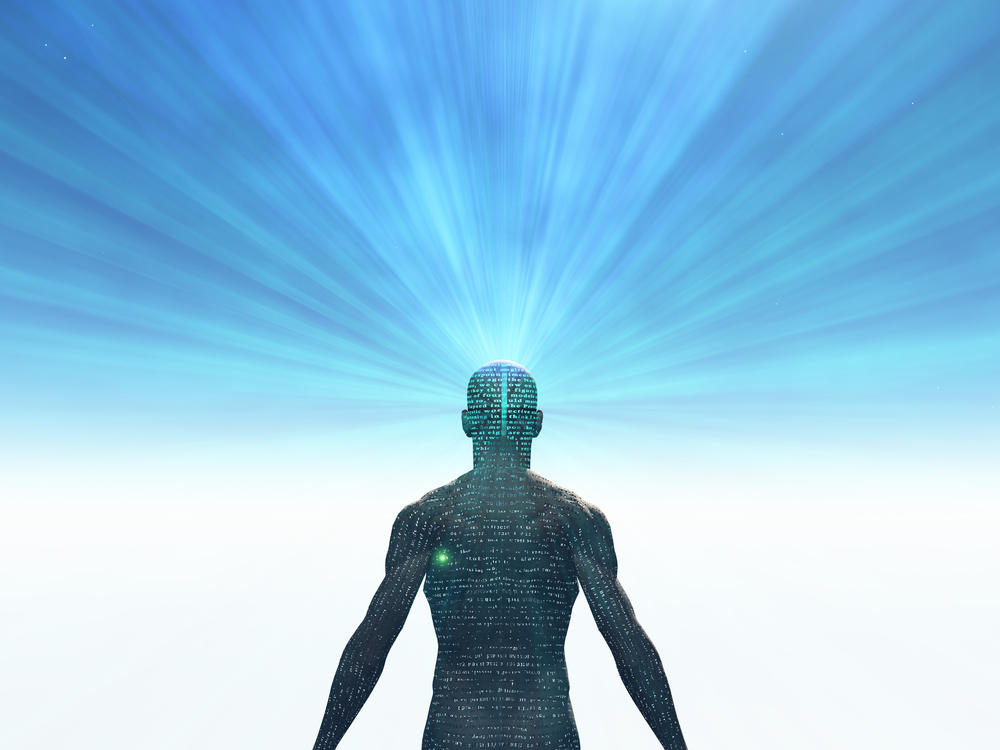
As I evolve within my own self-cultivation, I blame myself less and less for my shortcomings and habitual tendencies. Instead, I allow myself to become empowered by practices that help me balance that which gets me into trouble. I learn what I need. And I don’t give myself a hard time for needing such things. I’m no longer trying to be perfect. I’m just trying to be more mindful. And more accepting. And more intelligent.

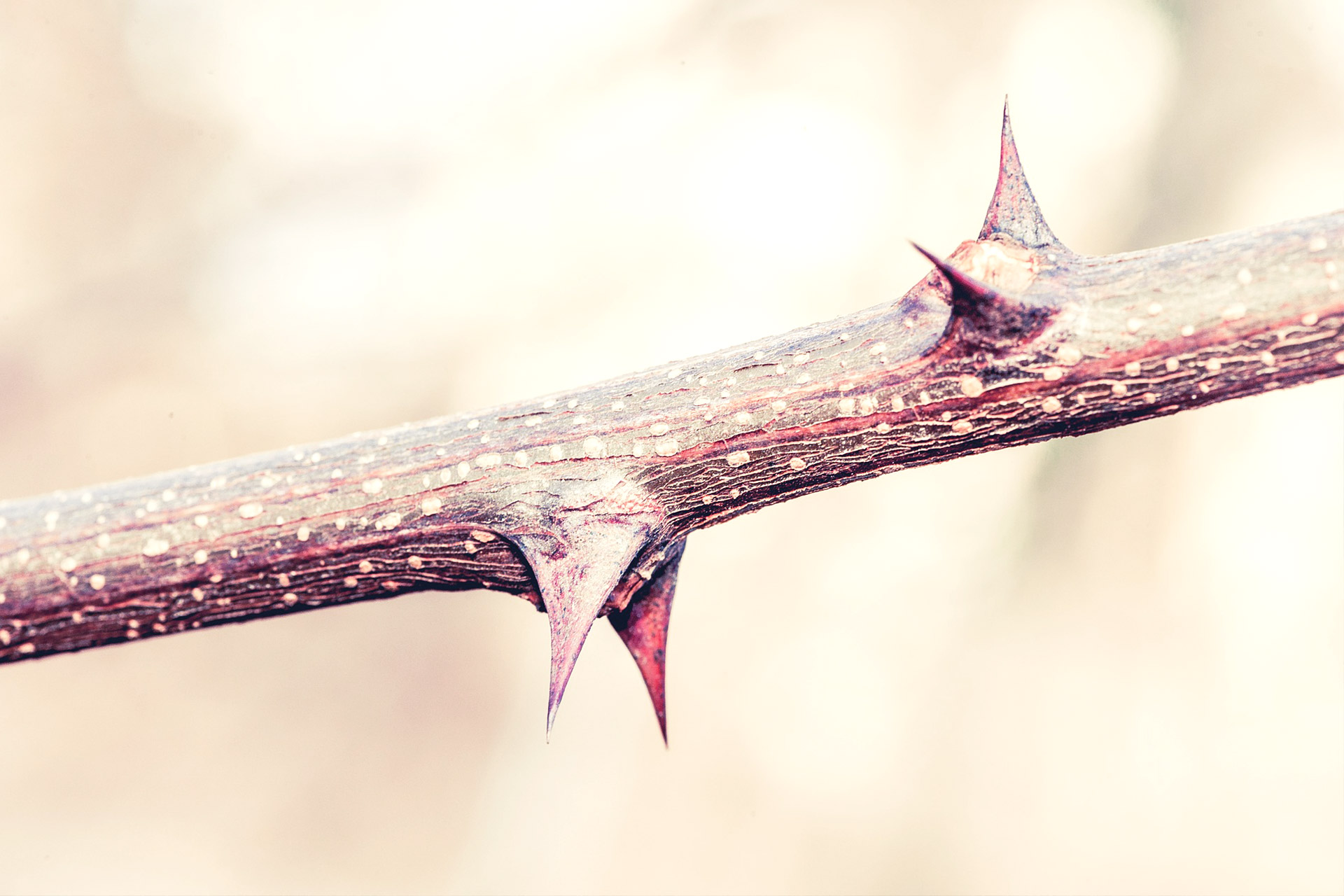

No Comments